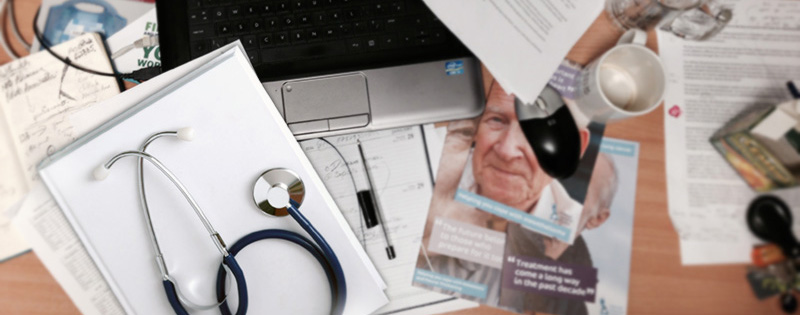
While the vast majority of medical treatments in the UK go to plan, sometimes mistakes can happen. When mistakes do happen, it can leave patients suffering injuries and loss of confidence in medical professionals. In minor cases, a patient may just want an explanation, apology and reassurance that it won’t happen again. If the effects are more serious, they are in their right to consult a legal professional to find out if they have a medical negligence claim or not.
Here we outline the exact definition of medical negligence, the most common types of medical negligence, and what steps you can take if you believe you have a claim to make.
What is the definition of medical negligence in the UK?
Medical negligence is the breach of a legal duty of care owed to a person by doctor, other healthcare professionals and their employers, which results in damage caused to that person.
For a medical negligence claim to be brought, it must be established that the doctor or nurse involved in your medical treatment was negligent and that negligence actually caused your injury.
How can medical negligence be determined?
Pinpointing medical negligence can be extremely difficult. For a case of medical negligence to be determined, the courts must decide that the medical professional or medical organisation has done something that no reasonably competent medical professional would have done. That can be difficult to prove.
It must also be shown that the injury a patient has endured was more likely than not caused (or was contributed to) under the medical professionals care. An independent medical specialist would have to identify this for there to be a medical negligence case.
What are the most common types of medical negligence?
Medical Misdiagnosis:
When a medical professional fails to diagnose a condition correctly, which leads to unnecessary suffering. Medical misdiagnosis actually tends to fall into two quite clear types.
1. Where a condition is completely missed and ends up being undiagnosed completely
2. Where a diagnosis is made incorrectly
If a medical professional or organisation fails to provide treatment or provides incorrect treatment to a patient, the potentially life-threatening risk this can pose adheres to medical negligence.
Prescription and medication errors:
Hundreds of thousands of prescriptions are written and dispensed in the UK every single day. Again, the majority are all processed correctly, but errors can still happen.
Some of the most common forms of medical negligence regarding medication and prescriptions are:
– The wrong medication is prescribed or dispensed
– Medications are prescribed together that shouldn’t be (contraindications)
– Medication is prescribed that the patient is recorded as being allergic to
– Incorrect dosage amount or period
Pregnancy and Birth Injuries:
There are thousands of births that happen under the care of medical professionals every year and most of these happen without any problems. However, on the rare occasion when something does go wrong, it can be devastating and affect both mum and baby.
Some of the most common medical negligence incidents relating to pregnancy and childbirth include:
– During pregnancy: Maternal Diabetes or Gestational Diabetes, Pre-Eclampsia, Uterine Rupture and Placental Abruption, and Wrongful Birth Cases (cases where sterilisation or vasectomy has failed, or if the parents were not warned by medical professionals that the child would have been born with a specific disability)
– During labour: Second or Third Degree Tears, Cerebral Palsy, Erb’s Palsy, Brachial Plexus Injuries, Ventouse or Forceps Delivery, and Episiotomy.
– After childbirth: Congenital Hip Dysplasia
Negligent Medical Advice:
So that you are able to make an informed decision about whether or not you want or should have an operation, medical professionals are required to advise you of any risks and ensure you are aware of any alternatives that may be available. If they fail to do this however, you may be entitled to make a medical negligence compensation claim.
Surgical Negligence:
While the vast majority of operations performed in the UK are successful, mistakes may sometimes be made – however, these incidents are extremely rare. Nonetheless, some types of surgical negligence may include:
– The wrong operation was performed
– The wrong body part being operated on
– Foreign objects left in the body
– Cosmetic surgery causing scarring and disfigurement
– Organs being perforated
– Infections that are caused by poor hygiene.
It must also be understood that surgical mistakes such as these are medical negligence incidents that are sometimes labelled as ‘never events’. These are regarded by the Government as so serious that they should never occur.
If you believe that either yourself or a family member has suffered medical negligence and they would like to explore their options, don’t hesitate to call our expert team on 0800 230 0573. We will be able to assist you in finding out whether you have a claim or not, and answer any other questions you may have.
For more information on how we help people through medical negligence, take a look here.
